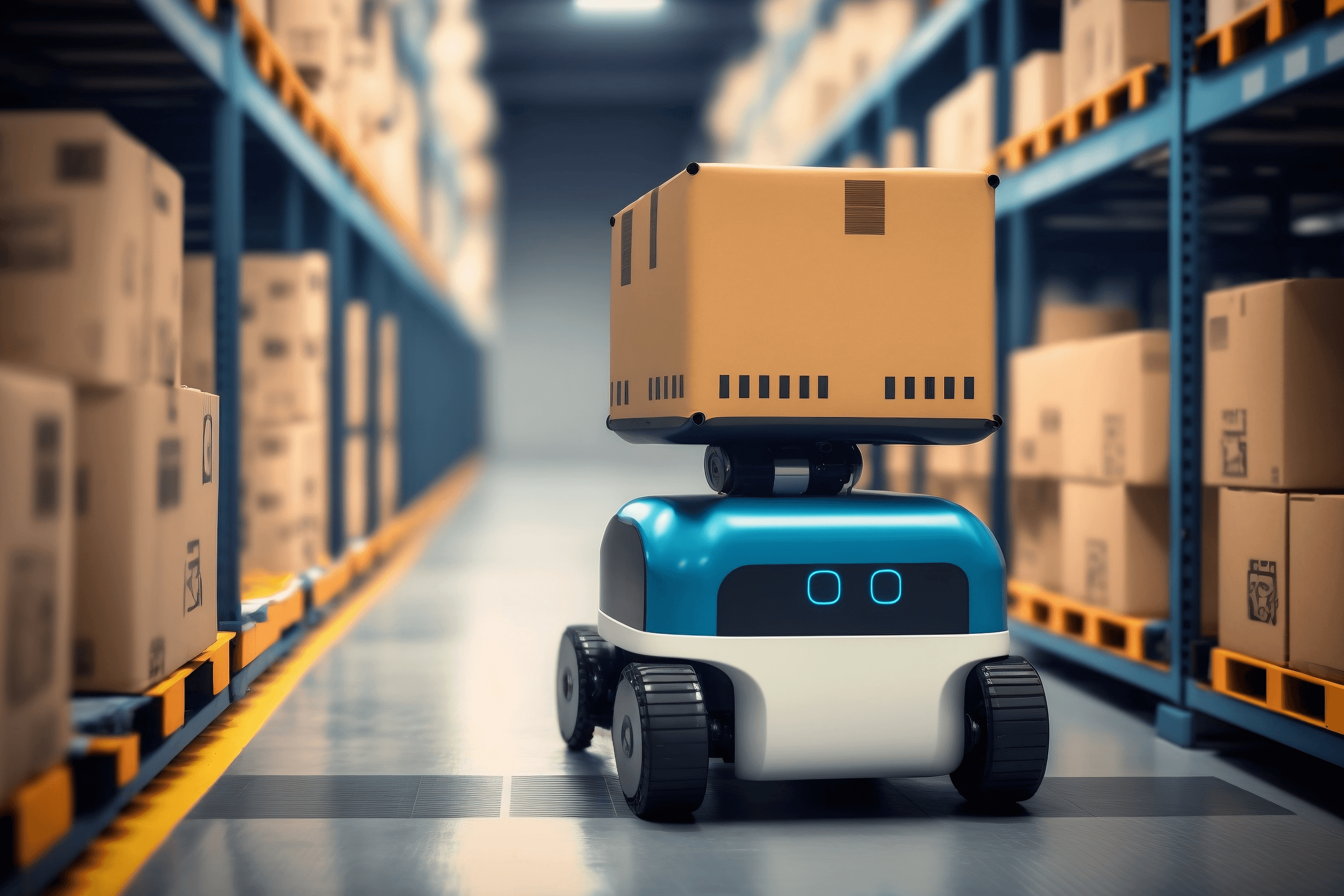Web3 Education
Top 5 Logistics Trends of 2024: Essential Insights for Every Professional
03/01/2024 · 3-minutes read
Amal Tleuliyeva
Curious about the latest logistics trends shaping 2024? You're in the right place! Dive into our article to discover the cutting-edge developments revolutionizing the logistics industry this year.

Photo by boygovideo on Canva
In a world where technology evolves at a breathtaking pace, logistics remains at the forefront of innovation. Year after year, we witness how new technological trends radically transform the industry, making it more efficient, eco-friendly, and user-friendly. The changes expected in 2024 promise to be even more significant. Let's explore the five key trends that will shape logistics in the near future.
1. Digitalization and Data Integration
Digitalization has long been impacting the logistics industry, but in 2024, it will reach a new level. Integrating data from various sources into a single digital ecosystem will allow companies to gain real-time insights into their operations. An example of such integration is the Maersk platform, which combines data on maritime shipments with information about port operations and clients' internal logistics, providing unprecedented transparency and manageability of supply chains.
2. Automation and Robotics
Automation will become even more prominent in all aspects of logistics, from warehouse management to delivery. Robots and unmanned vehicles will be used to perform routine tasks, reducing human error and increasing efficiency. Amazon already actively uses Kiva warehouse robots to organize and move goods in its warehouses, reducing order processing time and increasing storage volumes.
3. Eco-friendliness and Sustainable Development
Environmental sustainability is becoming not just a trend but a necessity. Companies are actively seeking ways to reduce the carbon footprint of their logistics operations. This includes using electric vehicles for delivery, optimizing routes to reduce distances and CO2 emissions, and transitioning to alternative energy sources for warehouse facilities. For instance, DHL has committed to reducing all logistics-related emissions to zero by 2050, implying significant investments in green technologies starting now.
4. Smart Contracts and Blockchain
Blockchain technologies and smart contracts will play an increasingly significant role in logistics, ensuring transaction security, transparency, and reliability. These technologies allow contracts to be automatically executed when conditions are met without the need for intermediaries, reducing risks and costs. TradeLens, developed by IBM and Maersk, uses blockchain to simplify international freight by reducing bureaucracy and speeding up document processing.
5. Personalization of Logistics Services
In the digital age, consumer expectations are constantly rising, and logistics companies must offer increasingly personalized services. This includes flexible delivery options, real-time cargo tracking, and adaptive supply chain management based on individual customer needs. FedEx, for example, offers the FedEx Delivery Manager service, allowing recipients to customize delivery time and location, enhancing customer satisfaction and delivery efficiency.
Conclusion
The trends of 2024 in logistics reflect global trends in digitization, automation, sustainable development, technological integration, and service personalization. Companies that can adapt to these changes will not only survive in a competitive environment but will also be able to take their efficiency and customer service to an entirely new level. It's crucial not only to keep an eye on these trends but also to actively implement them in your operations today.
Thank you for reading and stay tuned for more exciting developments by subscribing to our blog!
#LogisticsTrends2024 #SupplyChainInnovation #DigitalTransformation #SustainableLogistics #RealTimeData #AutomationInLogistics #GreenSupplyChain #BlockchainLogistics #PersonalizedLogistics #FutureOfLogistics

